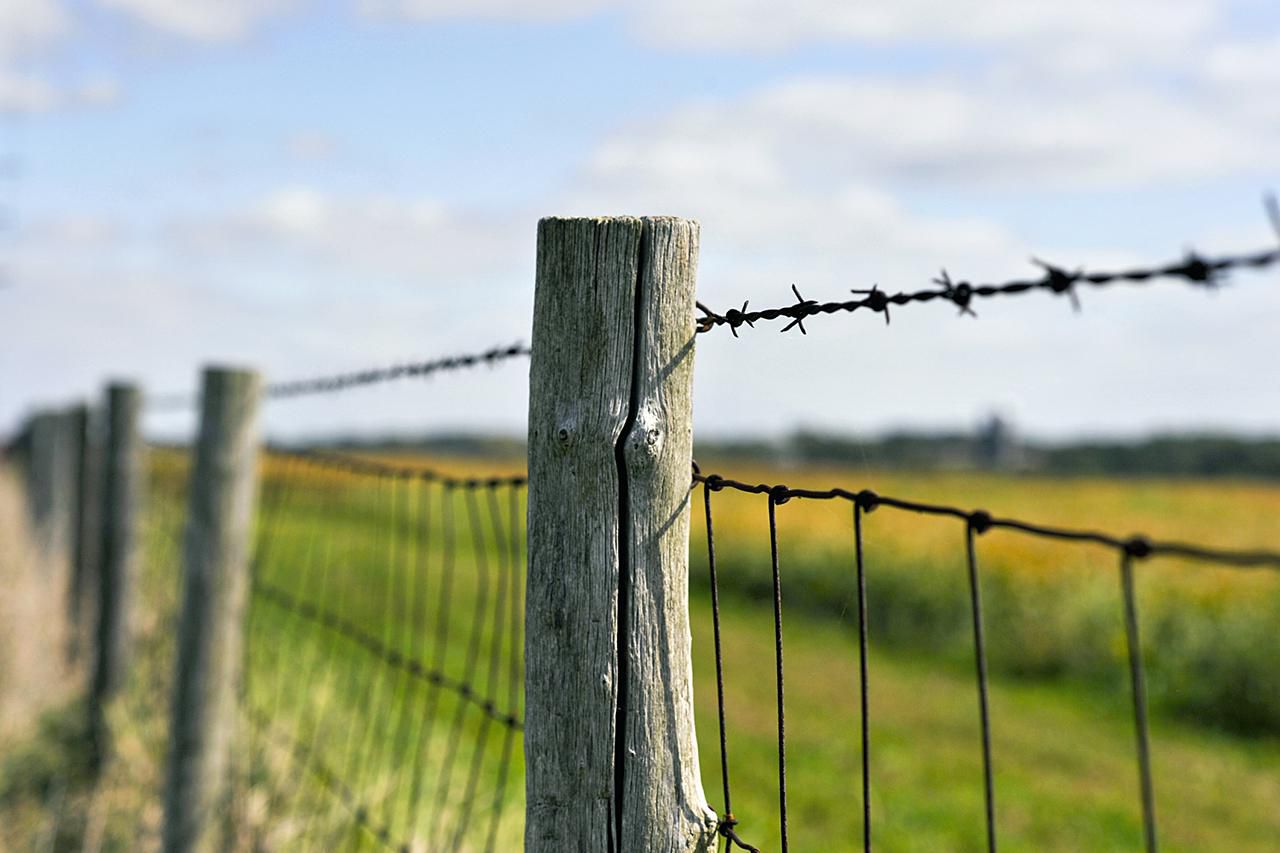 Abbotsford, located in the Fraser Valley of British Columbia, is known for its rich agricultural landscape. The fertile land and favorable climate make it an ideal location for various types of farming. Among the many aspects of successful farming in this region, proper farm fencing is a critical component that often goes overlooked. Effective farm fencing is not just about enclosing land; it plays a crucial role in managing livestock, protecting crops, and maintaining the overall functionality of a farm. This article delves into the significance of Abbotsford fencing, exploring its benefits, types, and best practices.
Abbotsford, located in the Fraser Valley of British Columbia, is known for its rich agricultural landscape. The fertile land and favorable climate make it an ideal location for various types of farming. Among the many aspects of successful farming in this region, proper farm fencing is a critical component that often goes overlooked. Effective farm fencing is not just about enclosing land; it plays a crucial role in managing livestock, protecting crops, and maintaining the overall functionality of a farm. This article delves into the significance of Abbotsford fencing, exploring its benefits, types, and best practices.
The Importance of Farm Fencing
Farm fencing serves multiple essential functions on agricultural properties. Firstly, it helps in managing livestock. In Abbotsford, where dairy farms, beef cattle operations, and other livestock enterprises are prevalent, fencing is crucial to keeping animals contained and preventing them from wandering onto roadways or neighboring properties. Proper fencing reduces the risk of livestock injury and accidents, ensuring both animal welfare and public safety.
Secondly, farm fencing protects crops from wildlife and stray animals. Abbotsford’s abundant natural environment means that deer, coyotes, and other wildlife are common. Without adequate fencing, these animals can cause significant damage to crops, leading to substantial financial losses for farmers. Effective fencing acts as a deterrent, safeguarding valuable agricultural produce from being eaten or trampled.
Additionally, Abbotsford fencing helps delineate property boundaries, which is important for legal and operational reasons. Clearly marked boundaries prevent disputes between neighbors and define areas for different uses, such as pastures, grazing lands, and crop fields. This organization enhances farm management and streamlines daily operations.
Types of Farm Fencing
Farm fencing comes in various types, each suited to different purposes and environments. In Abbotsford, the choice of fencing depends on factors such as the type of livestock, the nature of the crops, and the specific needs of the farm. Here are some common types of farm fencing used in the region:
- Barbed Wire Fencing: One of the most traditional types of fencing, barbed wire is durable and cost-effective. It is commonly used for larger pastures and to contain cattle. Barbed wire fences are relatively easy to install and maintain, making them a popular choice for many farmers. However, they may not be suitable for smaller livestock or areas with high traffic.
- Electric Fencing: Electric fences are becoming increasingly popular due to their effectiveness and versatility. They can be used to contain various types of livestock and are particularly useful in deterring wildlife. Electric fences are equipped with an electrified wire that delivers a mild shock when touched, discouraging animals from attempting to breach the barrier. They are also relatively easy to install and can be adapted to different configurations.
- Woven Wire Fencing: Woven wire fences consist of interwoven horizontal and vertical wires, creating a sturdy and secure barrier. This type of fencing is ideal for smaller livestock such as sheep and goats, as it prevents them from slipping through gaps. Woven wire fences are durable and can be used in conjunction with barbed wire or electric fencing for added security.
- Post and Rail Fencing: Post and rail fences are a more aesthetically pleasing option often used for decorative purposes or to enclose smaller areas. They consist of horizontal rails secured between vertical posts and are commonly seen in horse pastures. While they may not provide as much security as other types, they offer a classic look and are suitable for low-risk areas.
- High-Tensile Fencing: High-tensile fencing is known for its strength and durability. It consists of high-tensile wire stretched between posts, creating a robust and long-lasting barrier. This type of fencing is effective for large pastures and can withstand harsh weather conditions. It is particularly useful for containing large herds of livestock and is low-maintenance.
Best Practices for Farm Fencing
To ensure that farm fencing in Abbotsford is effective and long-lasting, farmers should adhere to several best practices:
- Proper Installation: Correct installation is crucial for the effectiveness of farm fencing. Posts should be set deep enough into the ground to provide stability, and the fencing material should be tensioned properly to prevent sagging. Regular checks and maintenance are necessary to ensure that the fencing remains in good condition.
- Regular Maintenance: Farm fencing requires ongoing maintenance to address issues such as wear and tear, rust, and damage from animals. Routine inspections help identify and fix problems before they escalate, ensuring the continued effectiveness of the fence.
- Strategic Placement: The placement of fencing should be strategic, considering factors such as topography, soil conditions, and the movement patterns of livestock. Proper planning helps optimize the use of fencing and minimizes potential challenges.
- Integration with Farm Management: Fencing should be integrated with overall farm management practices. For example, rotational grazing systems can benefit from movable or adjustable fencing, allowing farmers to optimize pasture use and improve soil health.
- Legal Considerations: Farmers should be aware of local regulations and zoning laws related to fencing. Compliance with these regulations helps avoid legal disputes and ensures that fencing practices are aligned with community standards.
Farm fencing is a fundamental aspect of agricultural operations in Abbotsford, playing a vital role in managing livestock, protecting crops, and delineating property boundaries. By understanding the importance of various types of fencing and adhering to best practices, farmers can enhance the efficiency and effectiveness of their operations. Properly installed and maintained fences not only safeguard valuable resources but also contribute to the overall success and sustainability of farming enterprises in the region. As Abbotsford continues to thrive as an agricultural hub, the role of effective farm fencing will remain a cornerstone of successful and responsible farming.
